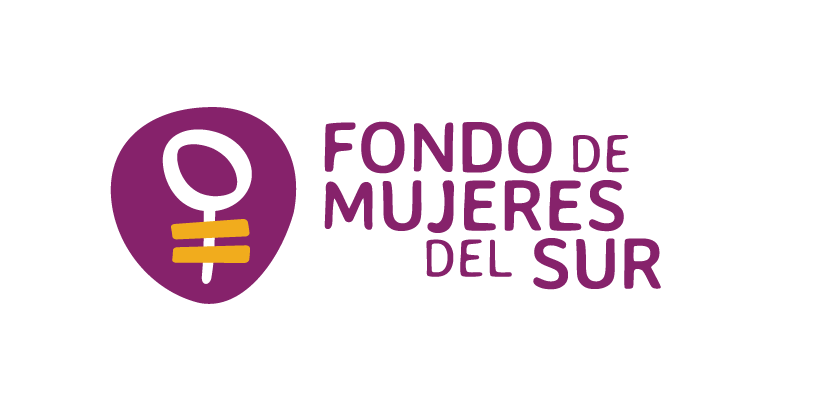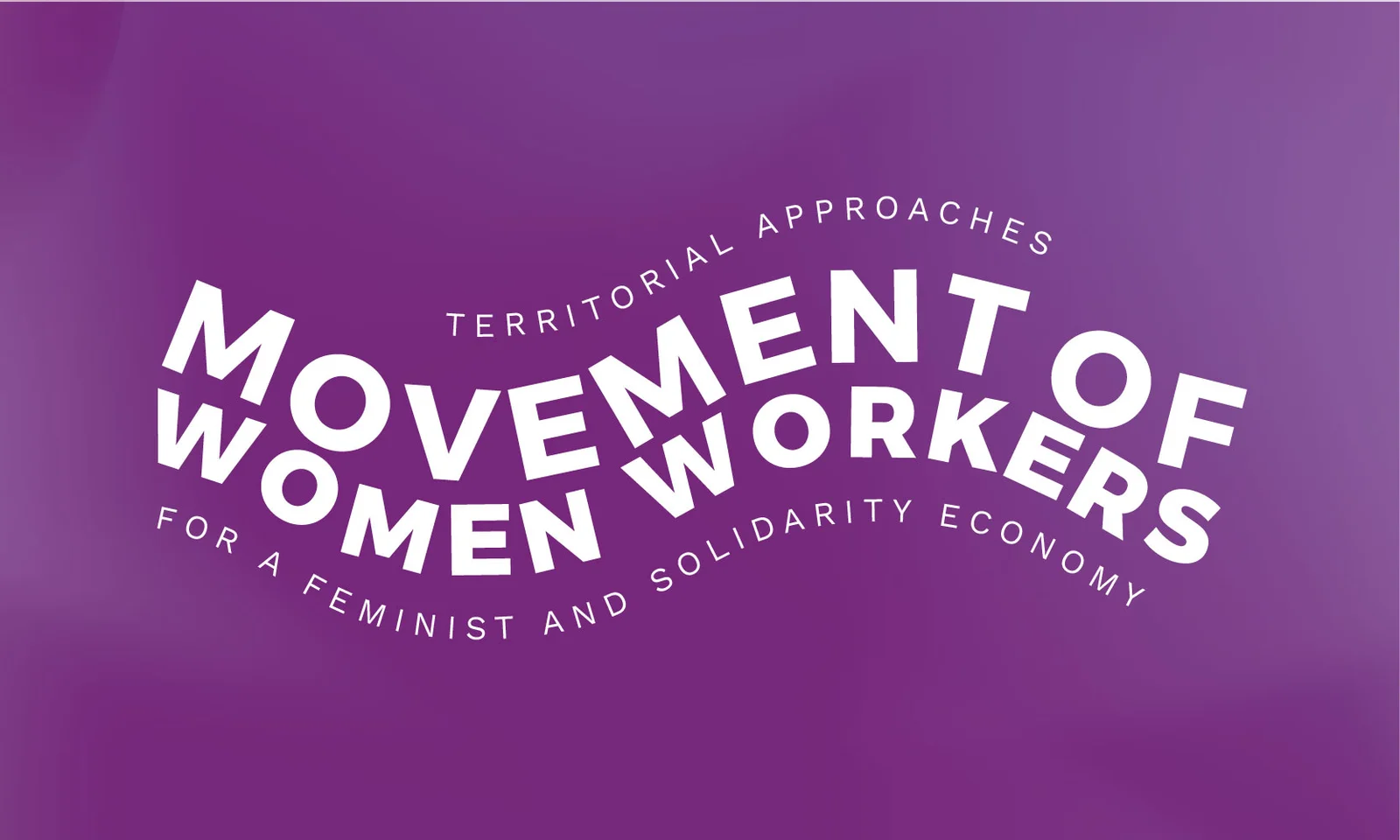At the end of 2021, Fondo de Mujeres del Sur (FMS), in alliance with the Global Fund for Women (GFW), organised a survey of organisations from Argentina, Paraguay and Uruguay.
The objective was to find out more about the organisational, leadership and development aspects of the feminist collective groups that work within the emerging movement of women workers for a feminist and solidarity economy.
With an exploratory tone, the study sought to understand the current situation of this social movement that forges new economic alternatives. It also sought to build on data of the existing groups in the region.
Using a survey, leaders from organisations were invited to reflect on aspects such as their sense of belonging, protection and security, the developmental stage of the movement, intersections and alliances with other groups (current and potential), vision and identity, among others.
In relation to the development of the movement, different stages or phases were studied, to help reflect different components which are not necessarily exclusive of each other, but rather cumulative.
The subregional results show trends that are important to consider when providing support to these organisations: the movement is growing, in a phase characterised by its “grassroots”[1] component, and in which plans and strategies have yet to be formalised, especially related to obtaining funding. In rural or semi-urban regions, the needs of organisations are many, despite having a strong social capital that manages to overcome obstacles.
The organisations that are part of the movement show clarity regarding the vision and identity of the group: it is considered the strongest aspect at the sub-regional level. At the same time, the protection and security of those who work day-to-day in the organisations is perceived as a weak variable within the movement.
The average age of the people who participated was 41 years; the youngest being 20 years old and the oldest 74 years of age. This demonstrates the generational breadth of the movement and its projection into the future. Regarding the scope, most of the respondents agreed that they perceive themselves to be part of a movement with local or provincial scope, rather than national or international. The years of experience of those surveyed within the movement ranges from 8 to 40 years.
On the other hand, in terms of work dynamics, the study shows the prevalence of collective rather than individual leadership. The need to network with other social movements on the continent is also highlighted.
In methodological terms, it is important to highlight that, despite the usefulness of the tool used (a survey, which was adapted to the territories in which it was administered before being used), it is important to keep in mind certain variables when referring to Latin America. This region presents a range of variations meaning some methodological tools or categories can appear to be “forced”. Feminist collectives often design and organise their work in more creative ways than imagined by theory.
On the other hand, the impact that the COVID-19 pandemic had on the movement became clear. Distrust of this type of study was also observed, especially in Argentina, which is going through an economic and social crisis that is weakening the community fabric and where state policies to deal with it usually also require information to be provided, within the framework of long and tiring processes. In Paraguay and Uruguay, the study was received with great acceptance due to the future possibilities related to planning actions and as an opportunity to think of oneself as part of the movement.
In total, 217 participants from collectives, organisations and neighbourhood communities were interviewed. 93% of them consider that they are working within a new scenario in the region, that of the movement of workers for a feminist and solidarity economy.
You can read the digital version: Territorial approaches. Movement of women workers for a feminist and solidarity economy.
[1] In this “grassroots” phase, discontent or concern becomes visible, either due to a specific event – problem – or due to various events that occur in the community or in society. Individual participants become aware of each other and begin to form relationships. The movement is building a shared collective identity and is gaining more media attention, broader public participation and becoming a more prominent political force.

